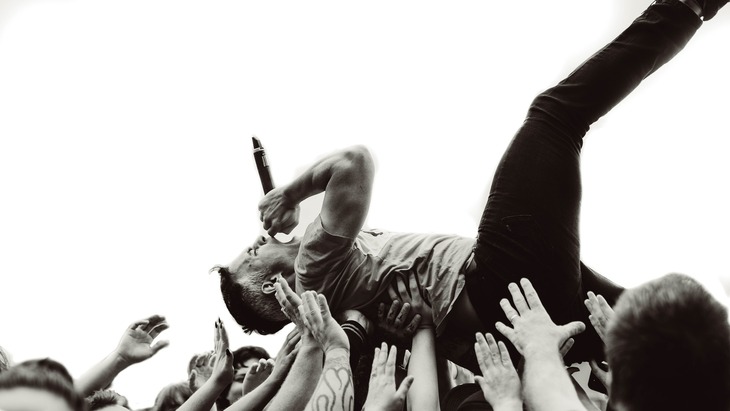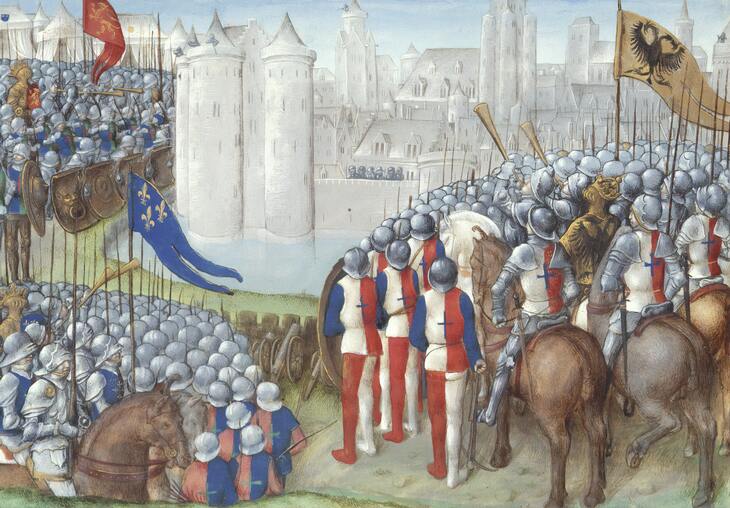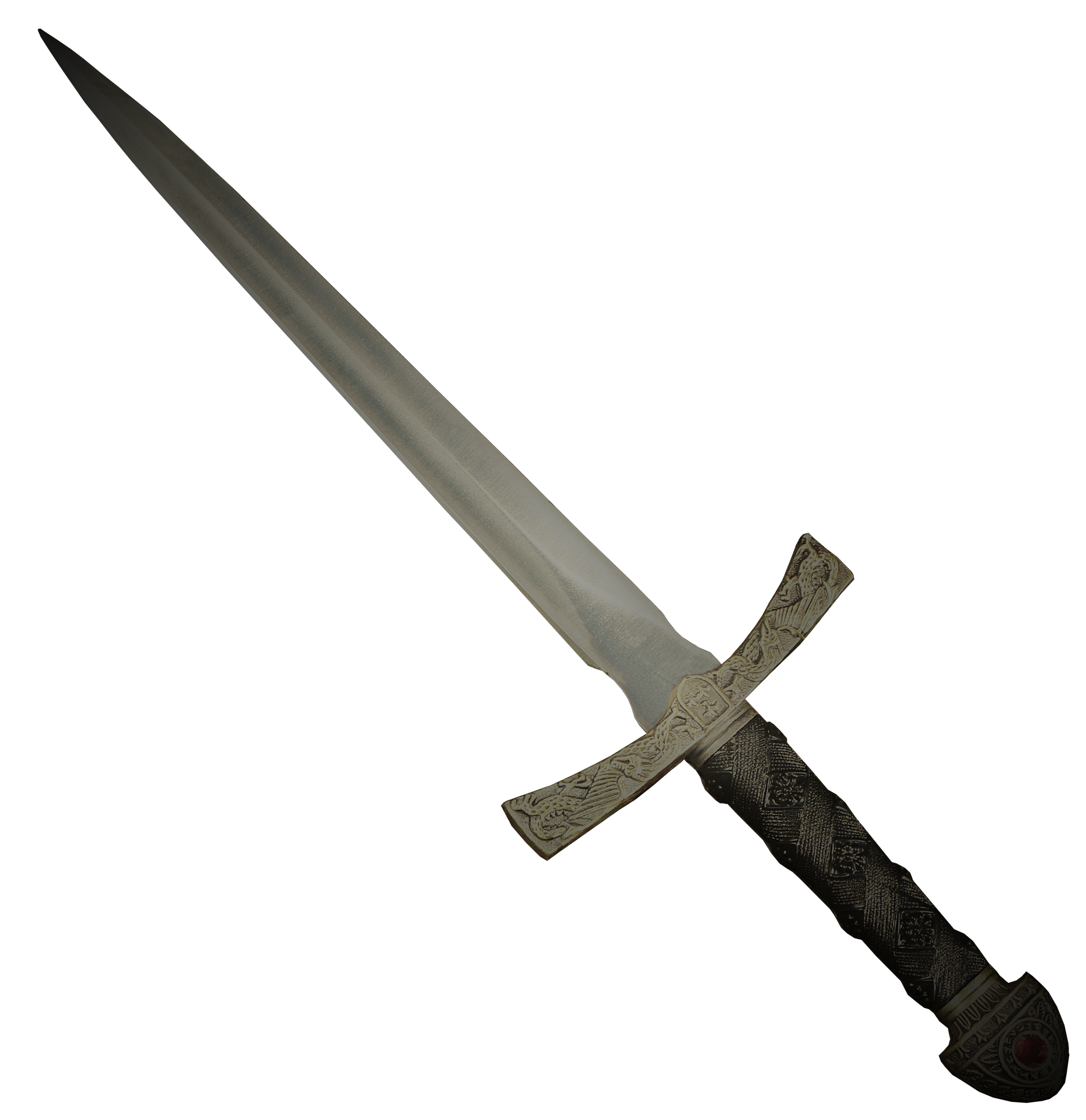While Thorin and one part of his company head back into the Mountain and the rest row their boat across the Long Lake to reunite with them, the people of Lake-town are doing what they can to stay the cold that is descending upon them. What they can salvage, they sprawl across the lake shore, building teepees out of cloth and wet wood as well as building fires with the same materials to keep dry and warm.
Hilda the helper
Hilda: “These are dry. You’ll need them.”
Woman1: “Thank you.”
Hilda: “Here.”
Hilda, a woman of Lake-town we were introduced to in Lake-town describing her sighting of the Dwarves, places herself in charge of the well-being of the survivors. The dry blankets, clothing, and whatever else she can find on the shore she takes with her to give out to the people suffering from cold.
A verbal sparring
Alfrid: “Oi! Give me one of them. I’ll catch my death in this cold.”
Hilda: “Find your own! You’re not in charge, Alfrid Lickspittle.”
Alfrid: “That is where you are wrong. In the absence of the Master the power cedes to his deputy which in this instance is my good self. Now give me that blanket!”
Hilda: “Master’s deputy? Don’t make me laugh. You’re a sneak-thief more like. I’ll be dead before I answer to the likes of you.”
Alfrid: “Maybe that can be arranged.”
Bard: “I wouldn’t go turning on your own, Alfrid. Not now.”
Apparently, Alfrid considers himself as the deputy Master of Lake-town, a denomination and charge he thought of himself. His confidence of this position soars to the point where his selfishness is not only evident by disturbingly obvious. It is plain to see that he had taken a page out of the rule book of his former Master, taking care of himself being the primary objective of position. The fact that others might be needing the blankets more than he does, does not cross his mind.
Hilda’s insubordination to his assumed position drives Alfrid to raise his hand to her. He would have resorted to physical violence to impose his dominance over others. Had it not been for Bard to stay his hand, the verbal sparring between Hilda and Alfrid would have ended very differently. With the help of his son, tripping Alfrid, and him falling to the ground, they immediately have a handle on someone who could have brought great disturbance to an already tragic situation.
Reunion
Tilda: “Da!”
Bard: “Come here!”
Sigrid: “You’re alive!”
Bard: “It’s all right, darling.”
The girls finally reunite with their father and brother. After having feared the worst, their hopes and wishes have come true. Nothing about the wreckage and the destruction of Lake-town is as devastating for them as is losing each other. Everything else can be repaired, built anew and somehow rectified, but a lost family member cannot.
The hero
Percy: “It was Bard! He killed the dragon! I saw it with me own eyes. He brought the beast down. Shot him dead with a Black Arrow.”
Man1: “Thank you, Bard!”
Man2: “Good man.”
Woman1: “Thank you!”
Man3: “You’ve saved us all!”
Man4: “Bless you.”
As Percy steps out to reveal the hero, so do the other people of Lake-town show their appreciation for his bravery and courage. Bard, however, takes it very stoically and unemotionally. It is clear that he does not revel in the spotlight or encourage people to think of him as anything other than a bargeman with a bow and arrow.
Bard takes the compliments as unnecessary and unwelcome. Had he been the Master or anyone else with the flair for fame, he would have taken it in stride and continued the conversation with the tale of how he managed to bring down the beast. As he is modest, he simply stands in one place as the crowd gathers around him.
The missing Master
Alfrid: “All hail to the Dragon-Slayer! All hail King Bard! I have said it many times. This is a man of noble stock. A born leader!”
Bard: “Do not call me that. I’m not the Master of this town. Where is he? Where’s the Master?”
As with the Master of Lake-town, so does Alfrid switch sides depending on popularity. Under the patronage of the Master, he conspired against Bard. However, now that Bard has proven himself worthy and popular among his fellow townsmen, Alfrid sleazes his way into the mix, to stay as close to the one who will obviously take the reins and lead Lake-town in the years to come.
Integrity and honesty are obviously not Alfrid’s first priorities. Being a leech that clings to those in power or the appearance of power, he does not have to develop his own opinion or strive to have one. Since he tries to be more than just a commoner, hailing of Bard as the new king fits his character perfectly.
What he didn’t reckon with is Bard’s unwillingness to take over leadership or be named anything other than a commoner who took care of himself and his family. He did want to express his feelings to the Master who is nowhere to be found.
Allegations
Hilda: “Halfway down the Anduin. With all our coin, I don’t doubt. You would know. You helped him empty the treasury.”
Alfrid: “No. I tried to stop him.”
Since the death of the Master had not yet reached any of them, the only conclusion is that he has escaped the wrath of the dragon by means of a barge filled with treasure on his way to make himself a nice living somewhere else. Hilda has the right perspective even if there is no proof of her words. Still, Master’s lackey is the one to know more about the Master’s whereabouts and escape plan than any other inhabitant of Lake-town.
To fend off the onslaught of truth, Alfrid takes to denying the allegations against him, without rousing anything but suspicion, unbelievability, and anger from the crowd. His eyes and facial expression give away the falseness of his statement. They also show fear, fear of what the crowd might do to him.
Rowdy and damaging
Man1: “Liar!”
Man2: “Cheat!”
Man3: “You’re a mongrel!”
Alfrid: “I begged. I pleaded.”
Man4: “Away with him!”
Man5: “Tar him!”
Alfrid: “I said, “Master, no! Think of the children!””
Man6: “Hang him!”
Alfrid: “Will nobody think of the children? Ow!”
Man7: “To the tree with him!”
Woman3: “Hang him hard!”
Man8: “Take him down!”
The crowd takes to drawing their own conclusions and spreading judgment. They don’t just rely on verbal abuse but take it further by hoisting him up and carrying him by his feet and arms to somewhere where they could execute that with which they threaten him. He screams in defiance.
It is interesting to note two things about this particular scene. One, the crowd that was made up of none actors who were recruited by the casting director in the area surrounding Lake Pukaki, which in this instance has been used to represent the Long Lake. Having been instructed to lift Alfrid up, carry him and become rowdy, they took to it a bit too seriously.
The crowd reacted as they would in real life, forgetting that in the film it all has to be feigned so as not to cause any harm to the actors. After a couple of initial takes, they were asked to take the level of their rowdiness to a lower setting.
Two, Alfrid had a malfunction of his trousers while the crowd carried him. His trousers ripped right down the middle of his genital region, thankfully exposing only a Lake-town undergarment, rather than flesh. The costuming department repaired the trousers on the spot the best they could. However, every other take they shot the trousers ripped over and over again having lost their material integrity. A malfunction about which Alfrid (Ryan Gage) felt a bit embarrassed.
Taking the lead
Bard: “Enough! Let him go! Let him go! Look around you! Have you not had your fill of death? Winter is upon us. We must look to our own. To the sick and the helpless. Those who can stand, tend to the wounded. Those who have strength left, follow me. We must salvage what we can.”
Hilda: “What then? What’ll we do then?”
Bard: “We find shelter.”
As with Hilda, Bard takes a stand to end the violence against Alfrid. He provides the crowd with the needed perspective into their priorities. Winter is coming, so they have to take care of their wounded and find shelter. Though not wanting to be made a leader, a king or anything with authority, Bard taking the reins comes very naturally to him. He is clear, concise and capable, taking responsibility and assigning tasks to others so that they could help each other in the best possible way.
Follow me to my next post.
Featured image by Christian West on Pixabay





